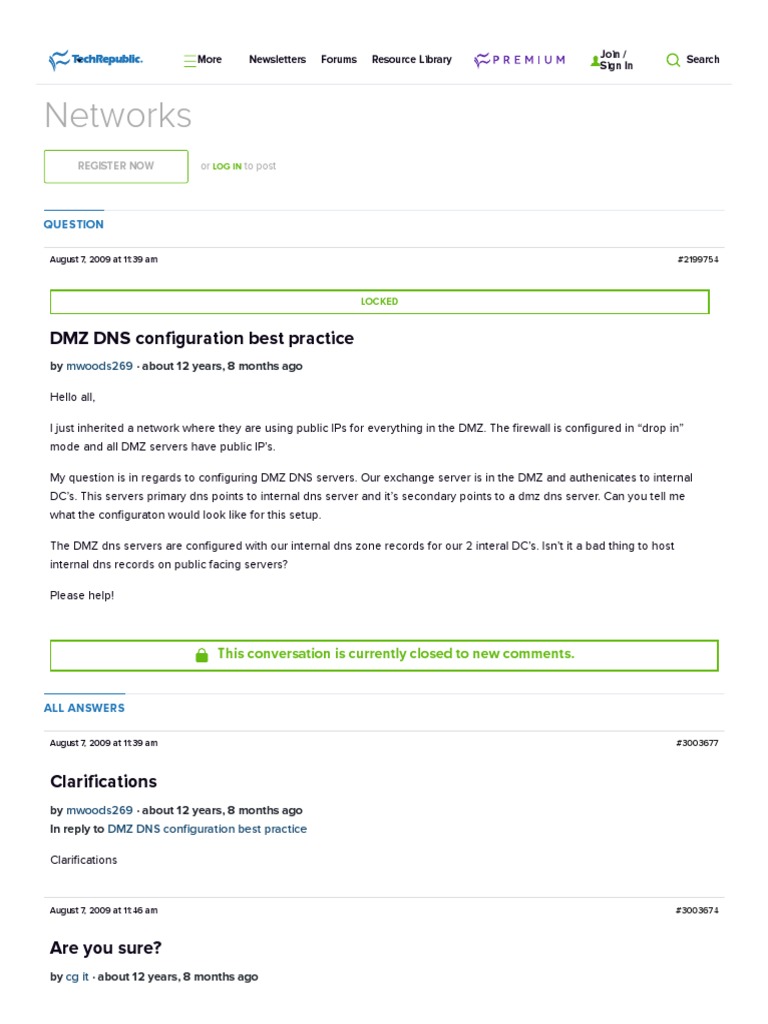Dns Explained Zp Enterprises

Dns Explained Zp Enterprises Dns is a system that ties names to ip addresses. dns automatically converts the names we type in our web browser address bar to the ip addresses of web services for those specific sites requested. The key benefits of implementing an enterprise dns solution are that it enables teams to more easily manage dns services, ensures consistent performance on your web applications, and can help protect networks against dns based threats, such as dns spoofing.

Dns Explained Zp Enterprises You can see why dns relies on its four servers to translate domain names into ip addresses. here’s a visual breakdown to help you figure out exactly how dns works:. The domain name system (dns), one of the foundations of the internet, resolves the names of internet sites with their underlying ip addresses, adding efficiency and security in the process. Understanding how dns works and the difference between public and private hosted zones is critical for it professionals, cloud architects, and cybersecurity students in 2025. dns (domain name system) translates domain names into ip addresses and routes traffic between clients and servers. What is dns? dns stands for domain name system or domain name server. a dns record is a database of information about your domain name stored in the dns server. dns resolves an ip address to a hostname or vice versa. it is used to connect your domain name to its respective ip address.

Dmz Dns Configuration Best Practice Techrepublic Pdf Domain Name Understanding how dns works and the difference between public and private hosted zones is critical for it professionals, cloud architects, and cybersecurity students in 2025. dns (domain name system) translates domain names into ip addresses and routes traffic between clients and servers. What is dns? dns stands for domain name system or domain name server. a dns record is a database of information about your domain name stored in the dns server. dns resolves an ip address to a hostname or vice versa. it is used to connect your domain name to its respective ip address. Enterprise dns is a valuable and powerful dns service that is intended to serve the big needs of large enterprises. it resolves external and internal requests for enterprises. that occurs in an efficient, scalable, safe, automatable, and centrally managed manner. Dns remains the unsung hero of the internet, making everyday digital experiences possible. as services expand into cloud computing, blockchain, and beyond, mastering dns concepts is essential for developers, businesses, and anyone serious about securing their place in the digital landscape. Root servers are dns nameservers that operate in the root zone. these servers can directly answer queries for records stored or cached within the root zone, and they can also refer other requests to the appropriate top level domain (tld) server. An effective dns security strategy incorporates several overlapping defenses, including establishing redundant dns servers, applying security protocols like dnssec, and requiring rigorous dns logging.

Convert 1 Zp To Usd Real Time Z Protocol Conversion Holder Io Enterprise dns is a valuable and powerful dns service that is intended to serve the big needs of large enterprises. it resolves external and internal requests for enterprises. that occurs in an efficient, scalable, safe, automatable, and centrally managed manner. Dns remains the unsung hero of the internet, making everyday digital experiences possible. as services expand into cloud computing, blockchain, and beyond, mastering dns concepts is essential for developers, businesses, and anyone serious about securing their place in the digital landscape. Root servers are dns nameservers that operate in the root zone. these servers can directly answer queries for records stored or cached within the root zone, and they can also refer other requests to the appropriate top level domain (tld) server. An effective dns security strategy incorporates several overlapping defenses, including establishing redundant dns servers, applying security protocols like dnssec, and requiring rigorous dns logging.

Dns Zones Explained Hostafrica Root servers are dns nameservers that operate in the root zone. these servers can directly answer queries for records stored or cached within the root zone, and they can also refer other requests to the appropriate top level domain (tld) server. An effective dns security strategy incorporates several overlapping defenses, including establishing redundant dns servers, applying security protocols like dnssec, and requiring rigorous dns logging.

Dns Zones And Zone Files Explained
Comments are closed.